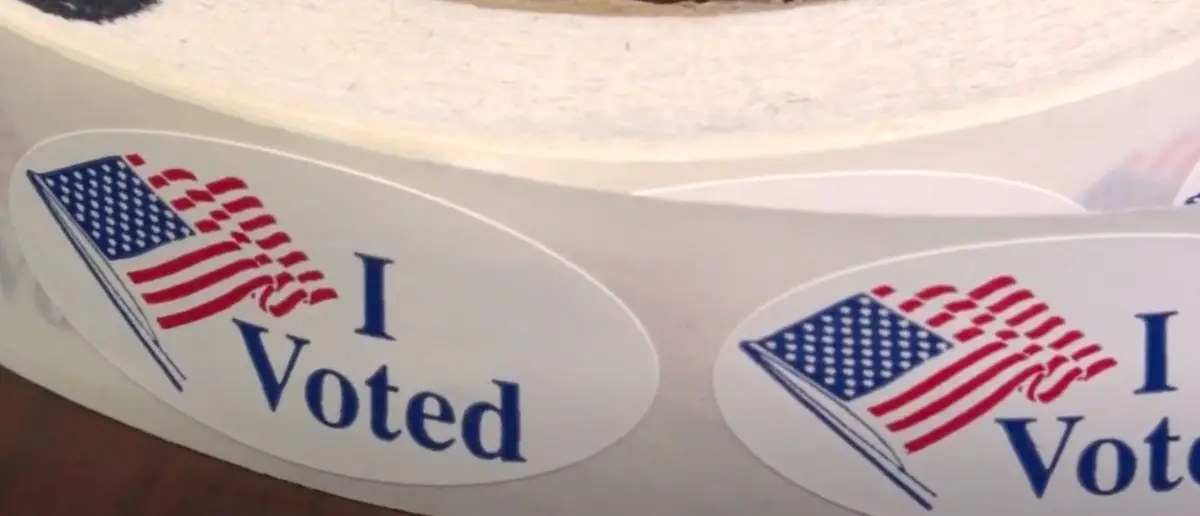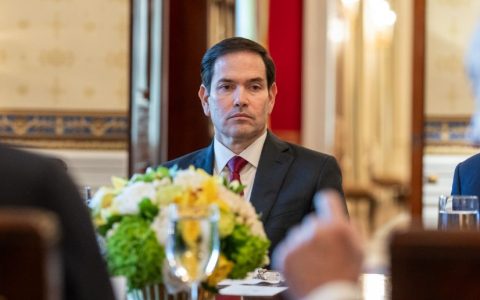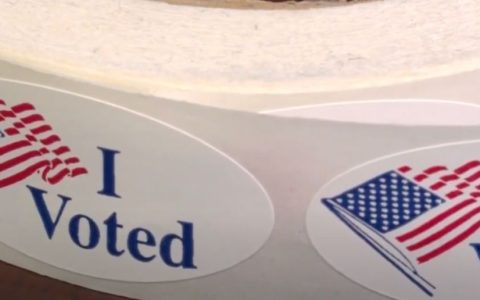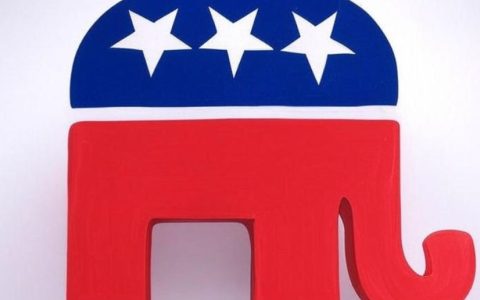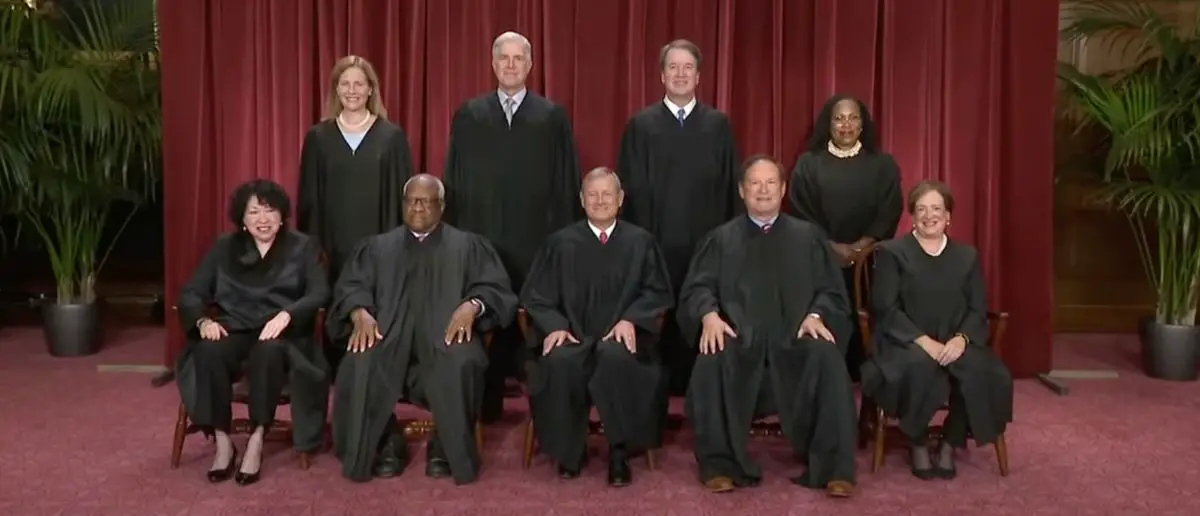
The U.S. Supreme Court is as busy as ever. They have no time for nonsense.
That’s why a U.S. Supreme Court Justice got utterly fed up and asked this courtroom silencing question.
Supreme Court Takes on Parental Rights in Clash Over “LGBT” Storybooks
In a case that pits parental rights against school mandates, the U.S. Supreme Court heard arguments in Mahmoud v. Taylor, a dispute centered on whether parents in Montgomery County, Maryland, can opt their young children out of mandatory LGBTQ-themed storybook lessons. The case, which has drawn national attention, raises profound questions about religious liberty, educational authority, and the balance between inclusivity and individual conscience. Justice Brett Kavanaugh, a Montgomery County native, set the tone early, expressing surprise that a state founded on religious tolerance would find itself at the center of such a controversy.
“I guess I am a bit mystified, as a lifelong resident of the county, how it came to this,” Kavanaugh said during oral arguments. “Can you just tell us what happened in March 2023?” His question cut to the heart of the case: a sudden policy shift by the Montgomery County Board of Education that eliminated opt-out provisions for parents who object to the curriculum on religious grounds.
The story begins with a promise. According to Eric Baxter, senior counsel for the Becket Fund for Religious Liberty, the school district assured parents for a full year that they would be notified and allowed to opt their children out of lessons involving pronouns, transgender children, and pride parades. “The last notice happened on March 22, 2023,” Baxter said. “The very next day, overnight, with no explanation, the board came out and said we’re changing the rule because we want all students to be instructed on inclusivity.”
This abrupt reversal sparked outrage among parents, particularly those with religious convictions. The district’s attorney, Alan Schoenfeld, defended the policy change, arguing that offering opt-outs had become “unworkable.” Yet, as Principal Deputy Solicitor General Sarah Harris pointed out, the district already accommodates religious objections in other areas, such as musical performances, dissections, and high school s*x education. “The one thing they don’t allow is the exemptions for the storybooks,” Harris said, raising questions about consistency and fairness.
The justices grappled with whether the school’s curriculum merely exposes children to ideas or goes further by promoting a specific worldview. Chief Justice John Roberts questioned the practicality of this distinction for young children. “Is that a realistic concept when you’re talking about a 5 year old?” he asked. Justice Amy Coney Barrett echoed this concern, noting that presenting an idea as fact is different from neutral exposure. “It’s saying this is the right view of the world,” she said. “This is how we think about things. This is how you should think about things. This is like, 2+2 is 4.”
Justice Kavanaugh DOUBLES DOWN on what Justice Alito stated. 👏
Parents just want the ability to opt-out of their children being OVERTLY taught gender ideology. pic.twitter.com/17Zor3c5ti
— American Principles 🇺🇸 (@approject) April 22, 2025
Justice Neil Gorsuch zeroed in on statements by school board members, some of whom described parents’ objections as “dogma” or accused them of promoting hate akin to white supremacists and xenophobes. “Does that suggest a hostility towards religion?” Gorsuch asked pointedly. His question resonated with those who see the case as a test of whether religious parents are being unfairly targeted by a school system prioritizing ideological conformity over pluralism.
The case’s origins lie in Montgomery County, a place with a storied history of religious tolerance. Kavanaugh reminded the court of Maryland’s founding in 1649 as a haven for Catholics fleeing persecution in England. “Maryland was founded on religious liberty and religious tolerance,” he told Schoenfeld. “I guess I’m surprised, given that this is the hill we’re going to die on in terms of not respecting religious liberty.” His remarks framed the dispute as a departure from the state’s legacy, a sentiment likely to resonate with supporters of the incoming Trump administration, which has prioritized religious freedom.
The Fourth Circuit Court of Appeals previously ruled 2-1 that the parents’ free exercise rights were not violated because exposure to the storybooks did not coerce their children to change their religious beliefs. The Supreme Court, however, appeared skeptical of this reasoning. The justices probed both sides for a clear test to determine when a school policy burdens religious exercise, with several suggesting the curriculum’s mandatory nature crosses a line.
Justice Elena Kagan raised a practical concern, noting that many non-religious parents might also object to the storybooks. “Weren’t all that thrilled,” she said, wondering if siding with the parents would open the door to widespread opt-outs. Justice Ketanji Brown Jackson pushed further, asking how far opt-out rights could extend. “What about a trans student in the classroom…must the teacher notify the parents of the student’s existence and give them an opt-out to not be in the same classroom with this child?” she asked, illustrating the complexity of balancing competing rights.
Justice Sonia Sotomayor offered her own hypotheticals, questioning whether parents could demand opt-outs for content involving divorce, interfaith marriage, or immodest dress. “Some people believe women should not work,” she noted, suggesting that granting religious exemptions could lead to a patchwork of objections that undermine public education. Her comments highlighted the tension between accommodating individual beliefs and maintaining a cohesive curriculum.
For parents like those in Mahmoud v. Taylor, the case is about more than storybooks—it’s about their right to raise their children according to their faith. The Trump administration’s vocal support for parental rights and religious liberty aligns closely with their cause, making the case a potential flashpoint in the culture wars. Yet the justices’ questions suggest a desire to find a principled resolution that avoids inflaming divisions.
The debate over opt-outs also touches on broader questions about the role of schools in shaping young minds. Are schools neutral arbiters of knowledge, or do they inevitably promote certain values? The Montgomery County curriculum, with its focus on inclusivity, reflects a progressive vision of education that some parents feel excludes their perspective. The Supreme Court’s ruling could clarify where the line is drawn between teaching and indoctrination.
As the justices deliberate, the case serves as a reminder of the delicate balance between individual rights and collective goals. Montgomery County’s decision to eliminate opt-outs may have been intended to foster unity, but it has instead sparked a legal battle that could reshape education policy. The Trump administration’s emphasis on empowering parents suggests it would view a ruling in favor of the parents as a victory for freedom.
Kavanaugh’s closing remarks brought the discussion full circle, returning to Maryland’s heritage. His surprise at the county’s stance reflects a broader concern that the push for inclusivity may come at the expense of the very tolerance it seeks to promote. The Supreme Court’s decision, expected in the coming months, will likely have far-reaching implications for schools, parents, and the ongoing debate over religious liberty in America.
For now, the nation watches as the justices weigh the competing claims of conscience and curriculum. Whatever the outcome, Mahmoud v. Taylor will have a decades-long ripple effect on American culture.
Stay tuned to the DC Daily Journal.


